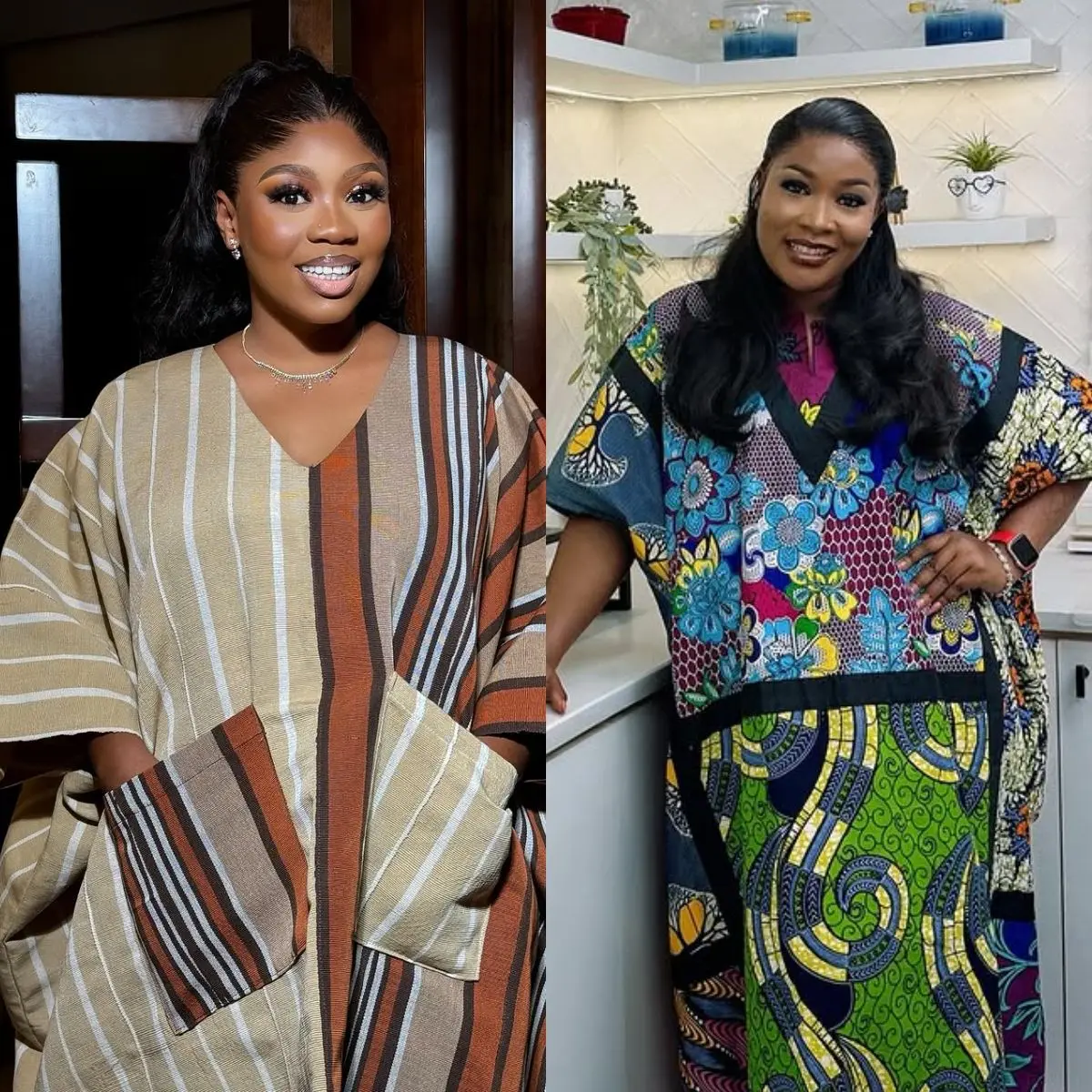The recent social media clash between Nollywood actress Wumi Toriola and food blogger Chef T, popularly known as Diary of a Kitchen Lover, has stirred conversations about collaboration, entitlement, and the evolving dynamics between film stars and digital influencers in Nigeria’s entertainment industry.
The Unanswered DM That Started It All
Toriola’s frustration stemmed from an unanswered Instagram DM she sent to Chef T in August 2024, requesting a collaboration. However, after receiving no response, she reignited the issue on March 13, 2025, by posting a screenshot of the message, expressing her disappointment.
Her caption suggested that Chef T had grown too influential to acknowledge others, sparking a heated debate about professional courtesy and the unspoken rules of partnerships in the entertainment space.
Social Media Reactions: Entitlement or Justified Frustration?
Toriola’s move divided opinions. Some fans supported her, arguing that Chef T could have simply responded with a yes or no instead of ignoring the message. Others criticized her approach, labeling it entitled, since collaborations are voluntary and not obligations.
Critics also questioned whether Toriola was offering any real value in return, with some speculating that she merely sought to leverage Chef T’s platform to promote an upcoming project rather than engage in a mutual creative exchange.
Nollywood Stars vs. Influencers: Blurred Lines in the Digital Age
This controversy highlights the increasing overlap between Nollywood actors and social media influencers. Unlike the past, where actors relied solely on movie roles and media appearances for relevance, today’s digital landscape demands constant visibility.
Many actors now collaborate with influencers to boost their online presence, but these partnerships are not always straightforward. While actors thrive in structured productions, influencers build their brands on personal storytelling and audience trust.
This means that collaborations must be strategically beneficial for both parties. Unlike actors who typically work within film industry contracts, influencers control their content, partnerships, and business interests, making them selective about collaborations.
Collaboration is a Two-Way Street
A key takeaway from this drama is that mutual benefit is essential in any collaboration. While a Nollywood actor featuring in a cooking video may increase their visibility, does it offer equal value to the influencer?
Other factors come into play:
✅ Production Costs: Who funds the content creation?
✅ Monetization: Does the collaboration drive revenue for both parties?
✅ Audience Engagement: Does it align with the influencer’s brand?
If these factors are not balanced, influencers like Chef T may feel justified in ignoring unsolicited requests.
However, professional courtesy still matters. Even if a collaboration is not of interest, a simple acknowledgment or polite decline can help maintain healthy industry relationships. Ignoring requests, especially in creative industries, may burn bridges that could lead to future opportunities.
At its core, this dispute isn’t just about an ignored DM; it highlights the shifting entertainment landscape where Nollywood stars and influencers are increasingly interconnected.
For actors, influencers aren’t just platforms for exposure—they are content creators with carefully curated brands. For influencers, responding to collaboration requests, even with a simple “no,” helps maintain industry goodwill.
Ultimately, successful collaborations thrive on:
✔ Mutual respect
✔ Clear communication
✔ Shared value
When both parties align on these principles, meaningful partnerships flourish—without social media drama.
What’s your take on this controversy? Should influencers always respond to DMs, or is ignoring requests fair game? Share your thoughts in the comments!
























